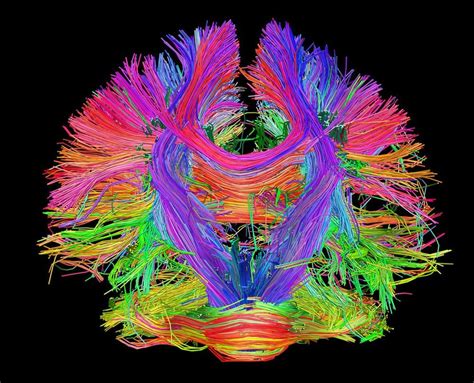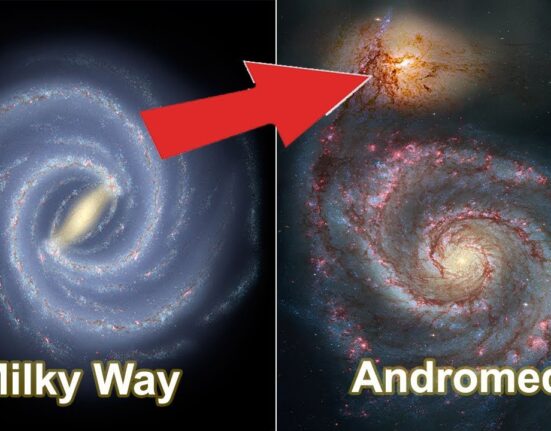Have you ever wondered how childhood experiences shape the very core of our brains, influencing our cognitive abilities for years to come? Well, let’s delve into the fascinating world of white matter in the brain – those essential communication pathways that allow different brain regions to work together seamlessly, like a well-orchestrated symphony.
Imagine this: as children grow and navigate through their formative years, their brains are not just passively developing. Instead, they are actively responding to the environments they encounter – from the warmth of family interactions to the challenges of economic hardships or neighborhood struggles. These varied experiences leave imprints on the delicate structures of white matter in ways we are only beginning to understand.
Meet Sofia Carozza, PhD, and Amar Dhand, MD, PhD, a dynamic duo from Brigham and Women’s Hospital who embarked on a groundbreaking journey to unravel the mysteries of how childhood environments sculpt our brain’s architecture. Their quest led them to explore how early-life adversities influence white matter development and ultimately impact cognitive functions during adolescence.
In a marvelously ambitious study that analyzed data from over 9,000 children participating in the Adolescent Brain Cognitive Development (ABCD) study across 21 centers in the U.S., Carozza and Dhand uncovered some astonishing revelations. By employing advanced imaging techniques to scrutinize white matter integrity and strength, they unearthed a profound connection between childhood adversities and alterations in crucial brain networks.
“The aspects of white matter that show a relationship with our early life environment are much more pervasive throughout the brain than we’d thought.”
Contrary to conventional wisdom that attributed cognitive prowess to specific brain regions or pathways, Carozza noted that virtually every corner of the brain seemed entwined with an individual’s early life encounters. It wasn’t merely one or two isolated tracts responsible for cognition; rather, it was as if each fiber of white matter bore traces of past adversities or resilience factors.
As Carozza eloquently put it: “We are all embedded in an environment… features such as our relationships can shape how our brains grow.” This profound insight underscores a fundamental truth – our brains do not exist in isolation but are profoundly influenced by external circumstances that mold their very foundation.
The researchers observed distinctive patterns in white matter quality across various brain regions linked to critical skills like mental arithmetic and language comprehension. These disparities offered compelling clues linking adverse childhood experiences with diminished cognitive performance later in life. It was almost as if our brains retained echoes of past struggles or joys encoded within their intricate wiring.
“We should work to make sure that more people can have stable healthy home lives that… affect what we can do with them.”
Carozza’s poignant call to action resonates deeply – advocating for nurturing environments where young minds can flourish unencumbered by undue stresses is paramount. After all, ensuring stable homes brimming with love and support is akin to providing fertile soil for growing vibrant intellects capable of overcoming obstacles with resilience and grace.
While their findings shed light on this intricate dance between childhood experiences and brain development, Carozza and Dhand remain cautious about drawing definitive causal links due to the observational nature of their study. They acknowledge limitations such as single-timepoint imaging snapshots which underscore the need for future longitudinal studies tracking changes over time.
In essence, this captivating journey through the realms of childhood memories shaping neural landscapes serves as a poignant reminder – each experience etches its mark on our brains’ tapestry, weaving stories that resonate far beyond mere recollections. As we navigate life’s twists and turns, may we strive to create nurturing havens where young minds can blossom into resilient souls ready to conquer tomorrow’s challenges with unwavering fortitude.









Leave feedback about this